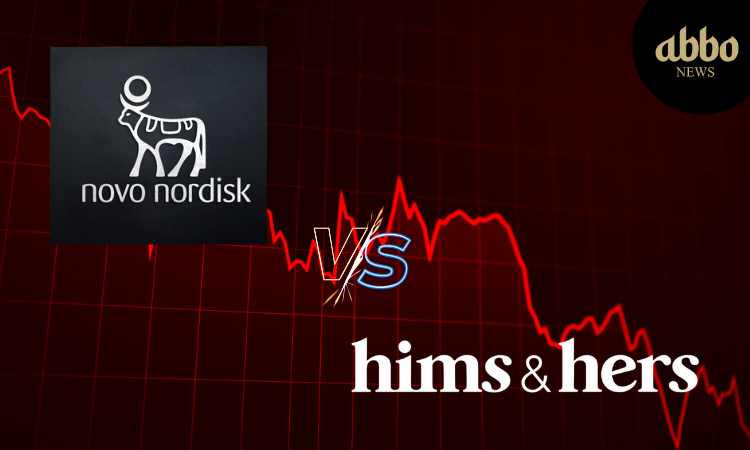Ohio’s top court ruled on Tuesday that pharmacy chain operators CVS Health (NYSE: CVS), Walmart (NYSE: WMT), and Walgreens (NASDAQ: WBA) could not be held liable for fueling an opioid epidemic in two Ohio counties that won a $650.9-million judgment against them.
The Ohio Supreme Court held on a 5-2 vote that state law barred Lake and Trumbull counties’ claims that pharmacy chains’ dispensing of addictive pain medications created a public nuisance that the companies should be forced to remediate.
Justice Joseph Deters, writing for the majority, said the court recognized that the deadly epidemic had touched the lives of people throughout Ohio and “undoubtedly has far-reaching consequences for their communities and for the state as a whole.”
“Creating a solution to this crisis out of whole cloth is, however, beyond this court’s authority,” Deters wrote.
He said an amendment to the Ohio Products Liability Act that the state legislature adopted in 2007 barred all common-law public nuisance claims based on selling products that seek compensation from a product’s manufacturer or supplier.
“This ruling will have a devastating impact on communities and their ability to police corporate misconduct,” Peter Weinberger, a lawyer for the counties, said in a statement, adding that “our team will continue to fight for these counties through other legal avenues.”
Representatives for CVS and Walgreens said they were pleased with the ruling. Walmart did not immediately respond to a request for comment.
The case was the first the three pharmacy operators had faced at the trial of the thousands of lawsuits filed by states and local governments against drugmakers, distributors, and pharmacies over the U.S. opioid addiction epidemic.
The vast majority of those cases have been resolved through large nationwide settlements, which now total about $46 billion, but the Ohio counties were among those who opted out of those deals and pressed forward with their own trials or settlements.
A federal jury in Cleveland concluded in 2021 that an oversupply of addictive pain pills and the diversion of those opioids to the black market created a public nuisance in the counties and that the pharmacies helped cause it.
U.S. District Judge Dan Polster, who oversees the federal litigation over the opioid epidemic, ordered CVS, Walmart, and Walgreens following the trial to pay a combined $650.9 million to help the two counties address, or abate, the harms caused by the epidemic.
The companies appealed, prompting the 6th U.S. Circuit Court of Appeals last year to ask the Ohio Supreme Court to review the matter, saying it raised “novel and unresolved questions” of state law that it should address first.
The majority in Tuesday’s decision comprised all four of the court’s Republican judges and one Democrat, with two Democrats dissenting. The case will now go back to the 6th Circuit, which is expected to overturn the verdict in light of the Ohio court’s conclusion.
The result is in line with other opioid cases that have gone to trial, which have largely been unsuccessful.
Oklahoma’s top court in 2021 overturned a $465 million judgment that the state’s attorney general had won at trial against drugmaker Johnson & Johnson (NYSE: JNJ), also finding that state law did not allow a public nuisance claim.
Judges in California and West Virginia ruled against local governments in opioid lawsuits following trials there, similarly rejecting public nuisance arguments. West Virginia’s highest court will hear an appeal from the city of Huntington and its county next year.
Last month, the city of Baltimore won $266 million in a trial against distributors and could be awarded more by a judge, though the judgment will likely be appealed. San Francisco also won a trial against Walgreens and settled with the company for $230 million while an appeal was pending.













